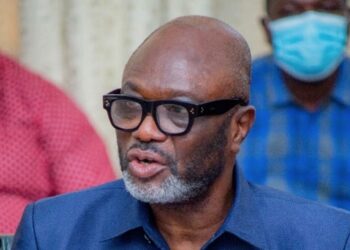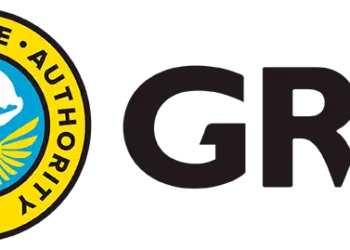
Despite announcing plans to merge the Agricultural Development Bank (ADB) and the National Investment Bank (NIB), the government has not yet taken a final decision on the move.
Minister of Finance, Ken Ofori-Atta said the plan to merge the two banks was to help them meet their capital adequacy ratio.
Speaking on The Point of View on Citi TV, Ofori-Atta said NIB had shown signs of improvement adding that a meeting will be held by close of the week to take a final decision on the merger.
“The challenge that we have with both adb and NIB is that they are not meeting their capital adequacy ratio. The thought is why don’t we merge the two to really solid agriculture and agribusiness institution and also start a new development bank.”
“Two weeks ago, NIB did meet with the central bank to talk about how they are faring and then we have a programme meeting at the end of this week. So that we will be able to make a final decision whether to merge the two completely to become one institution and start a whole new one or whether it’s salvageable,” he added.
Ken Ofori-Atta announced in the 2018 budget presentation last year that government was considering merging ADB and NIB banks to serve industry and the agriculture sectors.
Reports on the merger have been low as some analysts warned the move could lead to job losses.
Speaking at a forum organised by the Danquah Institute in collaboration with Citi FM recently on the collapse of banks, Mr Ofori-Atta stressed that the government is still pursuing the agenda to merge the two banks.
He explained that a merger of the two banks will create a smooth atmosphere for the government to implement its flagship programme, Planting for Food and Jobs.
“We are looking at NIB and ADB coming together. I think we are still on that course to do that because, at the core of that, we will then be creating that capacity to look at this whole industrialization in an organized and structured way of a strong institution that does that, so that agric and industrialization would be taken care of,” he added.
Banks in Ghana have until next month December 2018 to meet a new minimum requirement of GHc400 million or have their licenses revoked.
So far seven indigenous banks have collapsed since 2017.
While two were taken over by GCB bank, the remaining five were merged into one bank known as the Consolidated Bank Ghana.
–
Source: Citinewsroom.com












